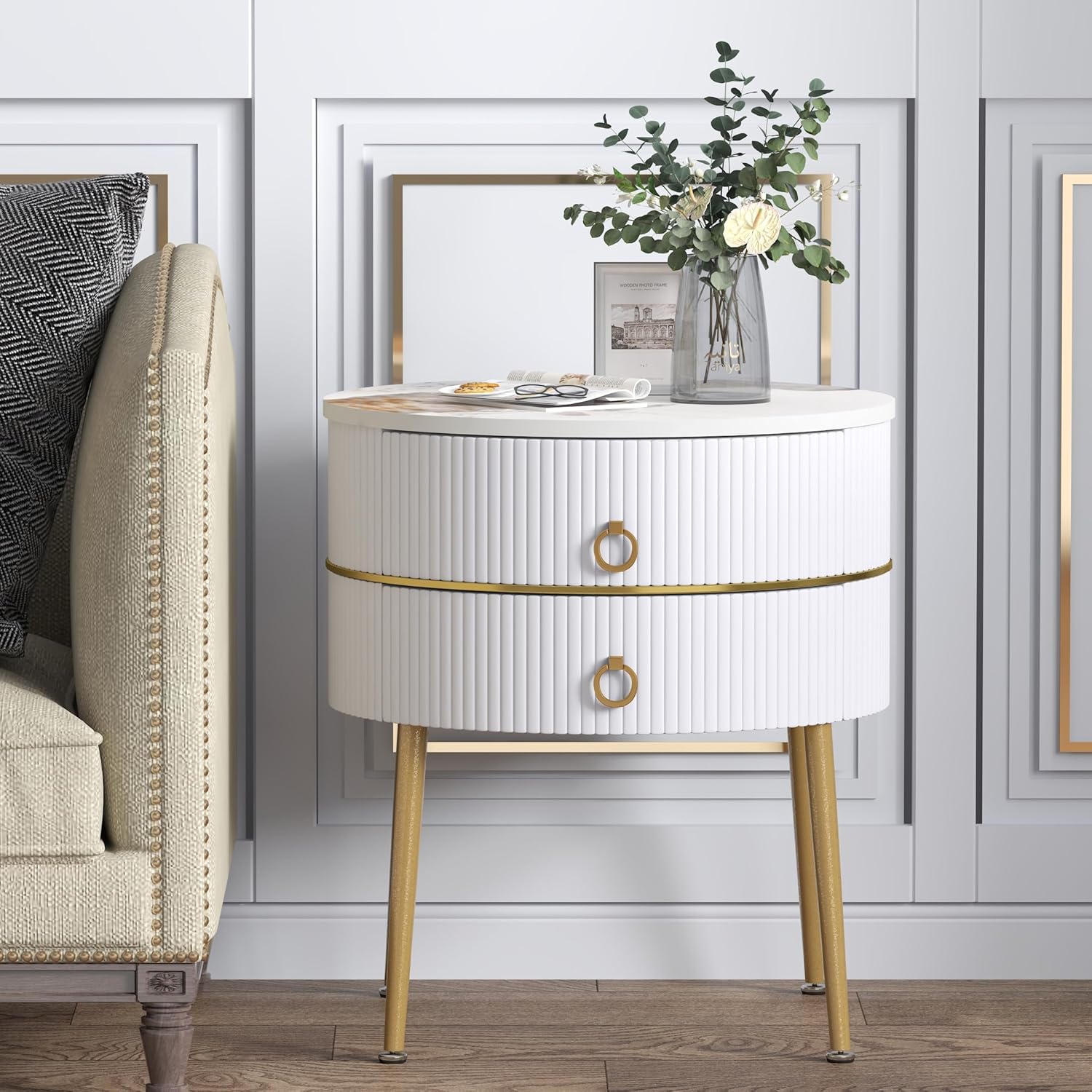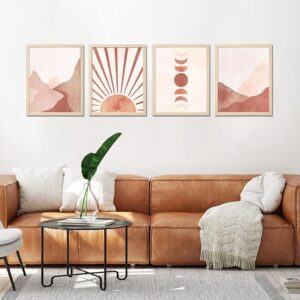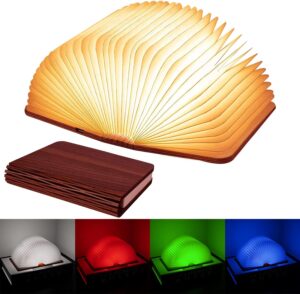Whether you’re starting from scratch or just looking to refresh your living room, choosing the right decor items can make a big difference. But before you dive into the world of pillows, rugs, and wall art, there are a few key things to consider to ensure your space looks cohesive, stylish, and uniquely yours. Let’s dive into the essentials of decorating your living room! Find more home decor related posts here.
“Disclosure: Some of the links below are affiliate links. This means that, at zero cost to you, I will earn an affiliate commission if you click through the link and finalize a purchase.”
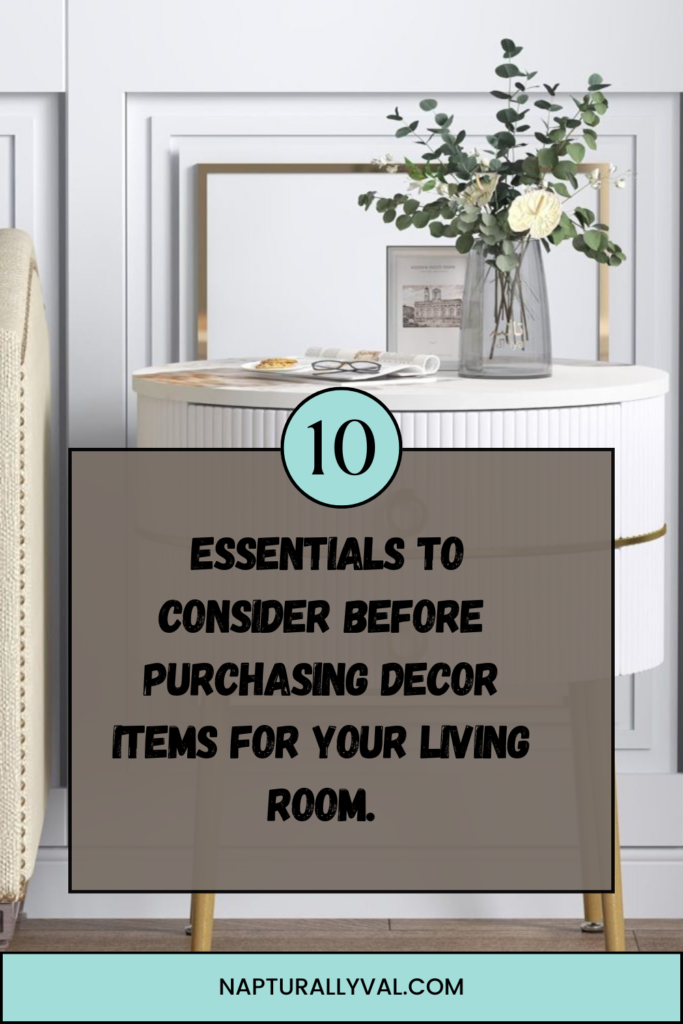
Table of Contents
Consider These Tips When Decorating your Living Room.
1. Understand Your Space Measure the Room
Before you purchase any decor items, it’s crucial to understand the dimensions of your living room. Measure the length, width, and height of the room, as well as the size of your existing furniture. This will help you choose decor items that fit well and don’t overwhelm the space.
Consider the Layout
Think about the layout of your living room. Where are the windows, doors, and focal points (like the TV or fireplace)? Understanding the flow of the room will help you place decor items in a way that enhances the space rather than cluttering it.
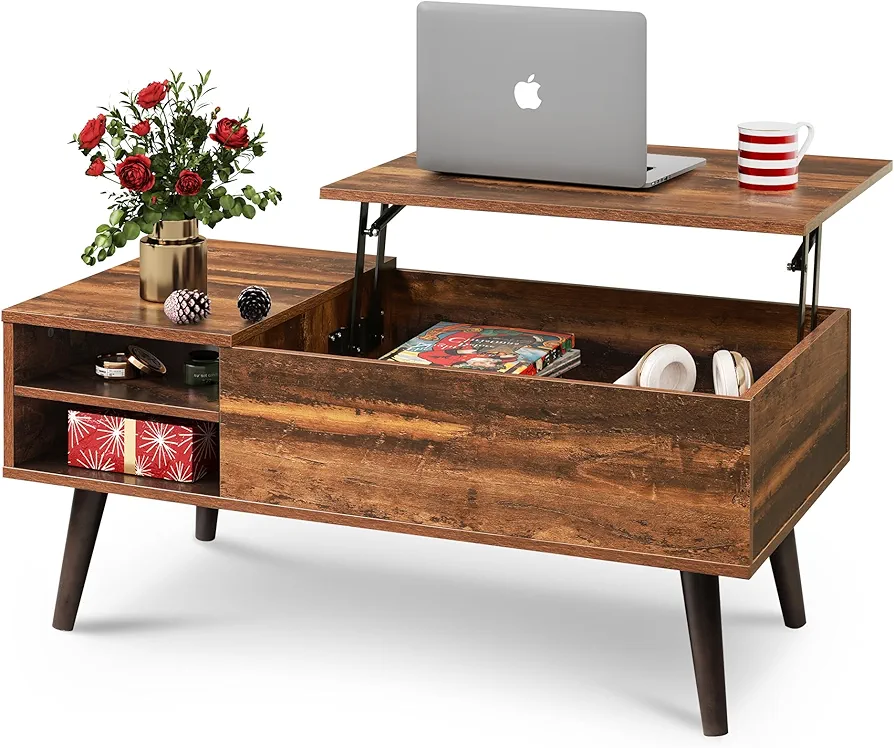
2. Define Your Style
Identify Your Aesthetic
Do you prefer a modern, minimalist look, or are you more into a cozy, bohemian vibe? Identifying your preferred style will help you choose decor items that reflect your personality and create a cohesive look.
Create a Mood Board
Collect images of living rooms that inspire you. This could be from magazines, Pinterest, or Instagram. Creating a mood board can help you visualize how different elements come together and guide your purchasing decisions.
3. Set a Budget
Prioritize Your Purchases
Decorating can get expensive, so it’s important to set a budget and prioritize your purchases. Decide which items are essential and which ones can wait. For example, a comfortable sofa and good lighting might be more important than decorative accessories.
Look for Sales and Discounts
Keep an eye out for sales, discounts, and thrift store finds. You can often find high-quality decor items at a fraction of the cost if you’re willing to do a bit of hunting.
4. Consider Functionality
Think About How You Use the Space
Your living room should not only look good but also function well for your lifestyle. Do you entertain often, need a play area for kids, or want a cozy spot for reading? Choose decor items that enhance the functionality of the room.
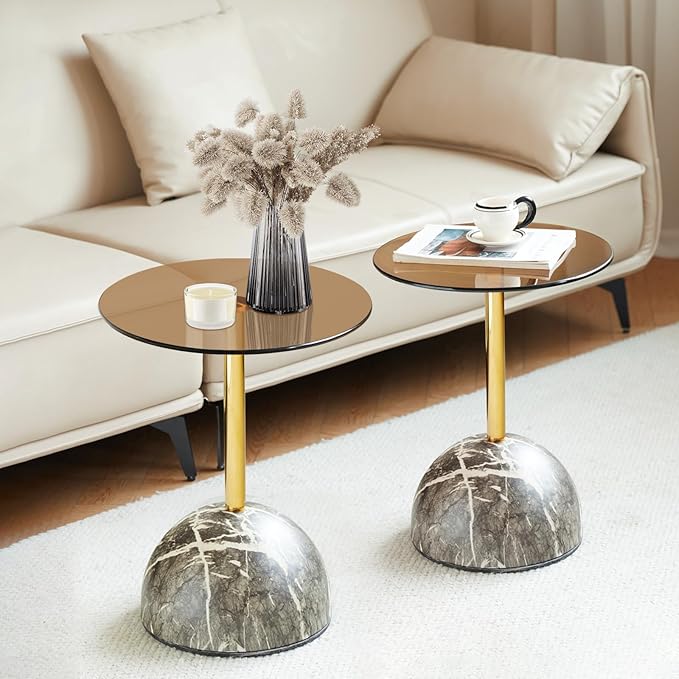
Choose Durable Materials
Opt for decor items made from durable materials, especially if you have kids or pets. For example, a rug that can withstand heavy foot traffic or a sofa with stain-resistant fabric.
5. Balance Colors and Textures
Create a Color Palette
Choose a color palette that complements your existing furniture and the overall style of your home. Stick to a few main colors and add pops of color through accessories like pillows, throws, and art.
Mix Textures
Incorporating different textures can add depth and interest to your living room. Mix and match materials like wood, metal, glass, and textiles to create a layered look.
6. Lighting is Key
Layer Your Lighting
A well-lit living room should have a mix of ambient, task, and accent lighting. This could include ceiling lights, floor lamps, table lamps, and wall sconces.
Consider Natural Light
Think about how natural light enters your living room and how you can enhance it. Light, sheer curtains can help diffuse sunlight and make the room feel airy and bright.
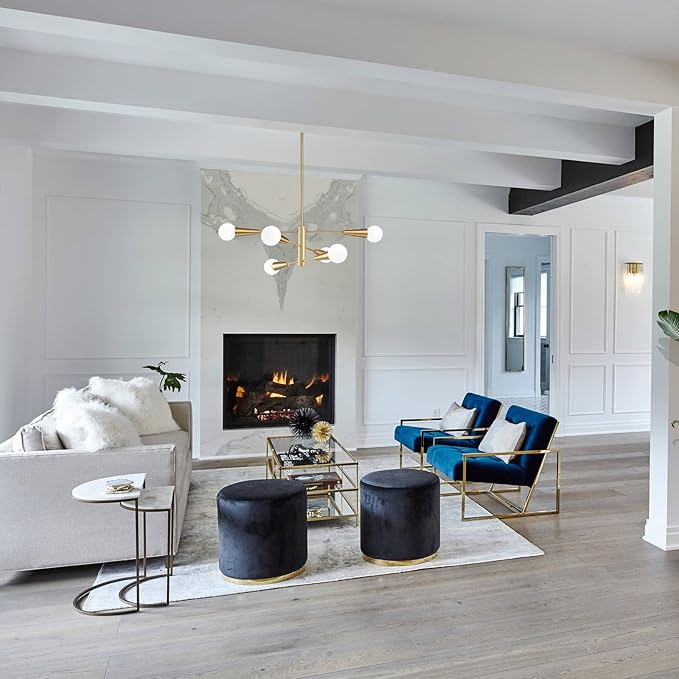
7. Personalize Your Space
Add Personal Touches
Incorporate decor items that reflect your personality and interests. This could be family photos, travel souvenirs, or artwork that you love.
Display Collections
If you have a collection of items, like books, vintage finds, or ceramics, find a stylish way to display them. This can make your living room feel unique and personal.
8. Don’t Forget the Walls
Hang Art and Mirrors
Art and mirrors can make a big impact on your living room. Choose pieces that complement your color palette and style. Mirrors can also help make a small space feel larger.
Create a Gallery Wall
A gallery wall can be a great way to display a mix of art, photos, and other decorative items. Plan your layout before hanging anything to ensure a balanced and cohesive look.
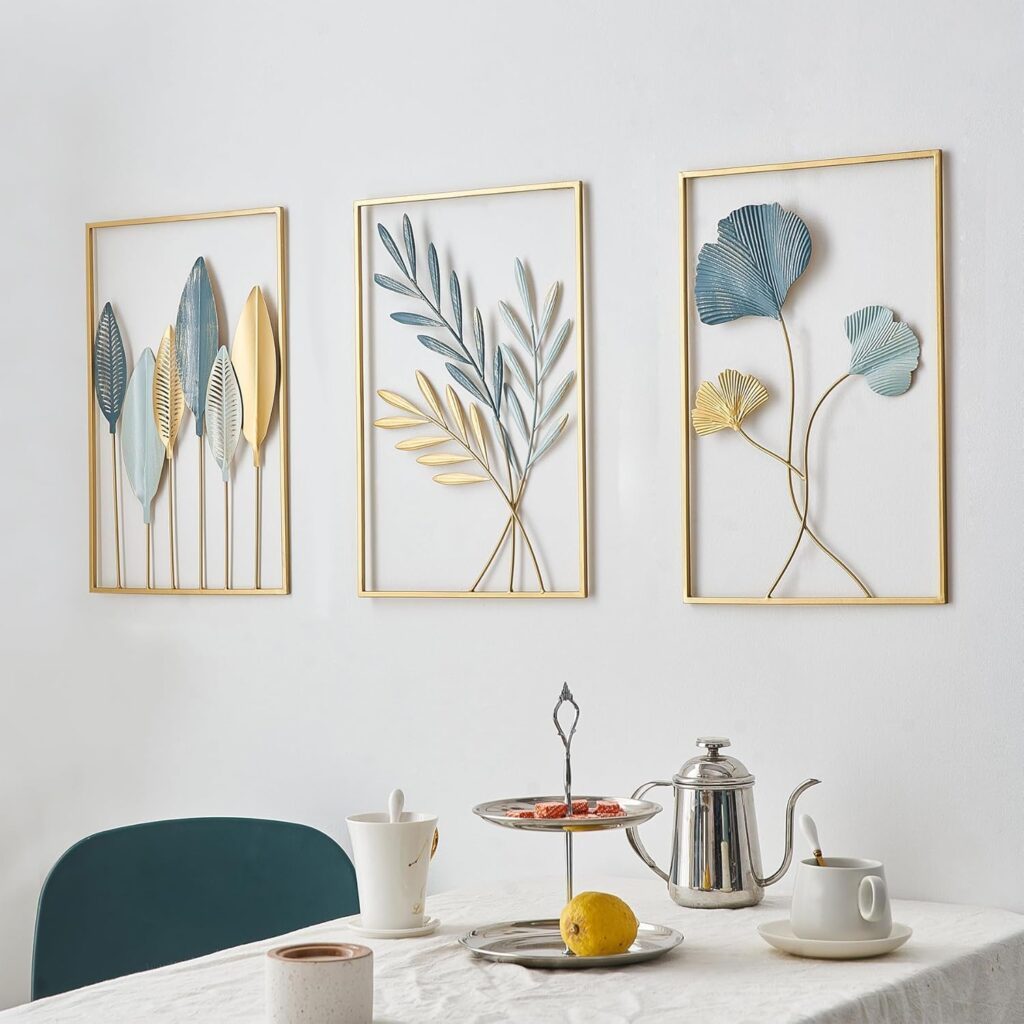
9. Invest in Versatile Furniture
Multi-Functional Pieces
Choose furniture that can serve multiple purposes. For example, an ottoman that doubles as a coffee table or a sofa bed for guests.
Modular Furniture
Modular furniture can be rearranged to fit different needs and layouts. This flexibility is great for adapting your living room over time.
10. Plan for Seasonal Changes
Swap Out Accessories
To keep your living room feeling fresh, consider swapping out accessories like pillows, throws, and decor items seasonally. This can be an easy and cost-effective way to update your space.
Store Seasonal Items
Keep storage solutions in mind for items that you only use part of the year. Baskets, storage ottomans, and built-in cabinets can help keep your living room organized.
Decorating your living room is an exciting process that allows you to express your personal style and create a space that feels like home. By considering your space, defining your style, setting a budget, and focusing on functionality, you can make smart purchasing decisions that enhance the beauty and comfort of your living room. Happy decorating!
I hope this guide helps you create the living room of your dreams. If you have any questions or need further advice, feel free to leave a comment below.

